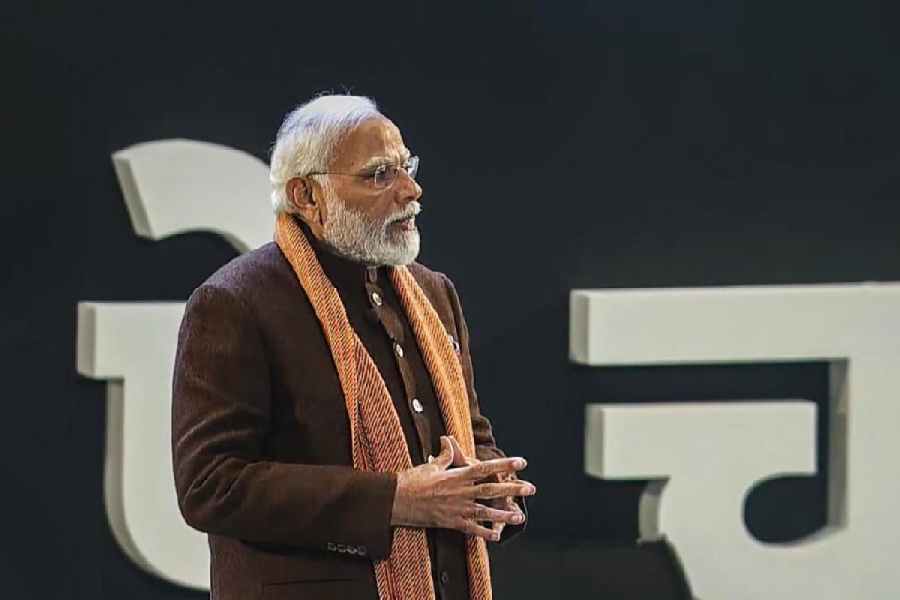Sourav Ganguly's three undetected blockages in coronary arteries underlined once again the importance of a proper and regular health check-up after a certain age, said doctors.
The former Indian cricket captain had suffered a heart attack on Saturday morning. Doctors and officials of Woodlands Hospital, where Sourav is being treated, said the cardiac event happened when Sourav was working out on a treadmill.
Several doctors, including cardiologists and general physicians, said they had come across patients who were not elderly, had no apparent health condition and were non-smokers, but still suddenly developed cardiac symptoms. They are often diagnosed with cardiac ailments, diabetes and cancer in advanced stages.
Doctors said regular health screening and risk assessment based on the reports of routine check-ups should be done to detect underlying conditions.
“Anyone beyond a certain age, ideally 40 for men and 50 for women, should undergo a routine health check-up once a year. But as important as detecting underlying health conditions is risk assessment of a person based on tests and other factors,” said interventional cardiologist Rabin Chakraborty.
“Hospitals and diagnostic centres should have a protocol for clinical triaging.”
Clinical triaging is the process of determining the priority of a patient’s treatment by the severity of his or her condition. It will assess the likelihood of recovery with and without treatment.
“Risk stratification for detecting lifestyle diseases is crucial. The doctor should sit down with a patient with the results of a routine health check-up. Along with the reports of blood tests, which should include lipid profile and blood sugar, the doctor should take into account other factors like family history of lifestyle diseases, including cardiac ailment, hypertension, stressful professional life and whether the person is a smoker,” said Chakraborty.
Based on these analyses, a patient should be placed in one of the three groups — low risk, moderate risk and high risk.
“In case of cardiac ailments, a person in the moderate risk group should undergo at least a treadmill test to find out whether there are any underlying heart conditions,” said Chakraborty.
He said people in the high risk group should ideally undergo a CT coronary angiogram, a non-invasive test that reveals the condition of the arteries that supply blood to the heart. “If the report is normal, it should not be repeated for at least five years,” he said.
Physician Chandramouli Bhattacharya said assessment of regular health check-up reports are crucial.
“The reports of regular health check-ups are usually seen by a doctor (before they are handed over to patients). If there is any irregularity, like if a person is found to have high levels of cholesterol in blood, then the patient is advised to consult a specialist. But often people tend to ignore such written advice. So it’s extremely important to consult a doctor after getting check-up reports,” Bhattacharya said.
“Also, physical examination of a patient is extremely important. I can find out (during a physical examination) whether any gland is swollen or there is any unusual sound in the chest,” he said.
Bhattacharya said often unnecessary tests are recommended for a routine health check-up. “It should be a complete haemogram, blood sugar, lipid profile, chest X-ray and renal function tests. Further investigations can be done if any irregularity is detected,” Bhattacharya said.
Endocrinologist Subhankar Chowdhury feels that in India, where the prevalence of diabetes and cardiac ailments is high, one should start going for health check-ups from as early as 30. “If a person is detected with diabetes, then his or her other organs can be affected and accordingly, regular check-ups be done,” he said.











